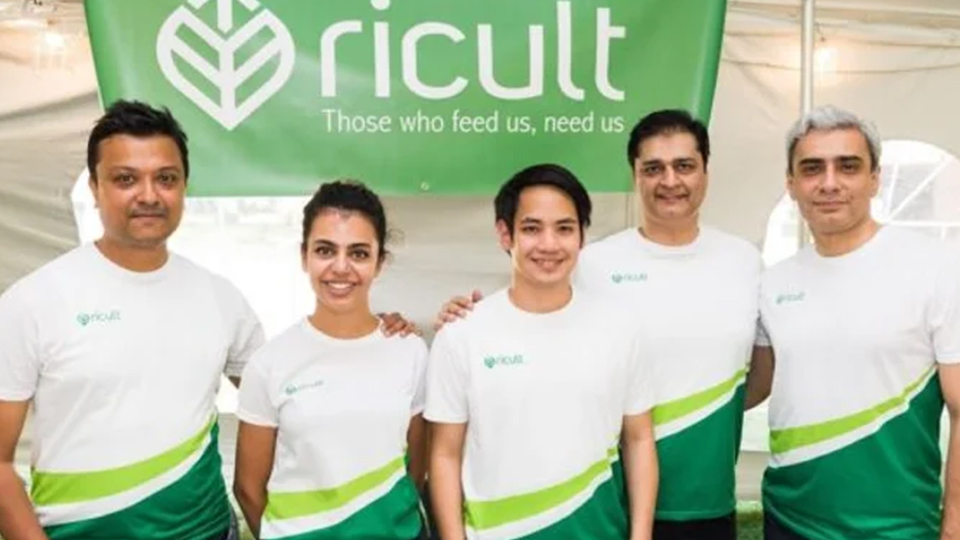Background

Patent and Trademark Office (USPTO)
For diabetes patients, daily injections are an uncomfortable and often painful part of life. With multiple injections required every day, anxiety and fear are typical emotions a patient may have when diagnosed with diabetes, especially for children and those with a fear of needles. Traditionally thought of as an unavoidable part of treatment, injection therapy and the pain and discomfort it causes has become one of the major concerns of diabetes patients. However, thanks to Terumo Corporation (Terumo), a Tokyo based medical equipment manufacturer, this traditionally held view is changing.
To increase the quality of life of patients, alleviate discomfort and dispel fears surrounding diabetes injection therapy, in 2005 Terumo proposed a challenge to itself: make a needle so fine that it makes injections painless. With over 600,000 people living with diabetes in Japan, Terumo felt a strong social obligation to help provide them with physical and psychological relief. The company called on Mr. Tetsuya Oyauchi, one of its best engineers who has a string of patents to his name for medical syringes, and Mr. Masayuki Okano, the head of Okano Industrial Corporation (Okano), a company involved in metal pressing, to make this vision a reality.
Invention
The usual method of manufacturing needles is to hollow out a tiny cylinder of metal. But it is extremely difficult to make ultra thin needles this way, because the thinner the cylinder, the more difficult the procedure becomes. Terumo’s quest for an ultra thin needle proved technically difficult, and after one year of research they were not making much progress. Terumo was turned down by a string of large metalwork firms, which thought that Terumo’s requirements were too impractical and essentially impossible. Terumo turned to Okano, a company whose skilled craftsmanship boasts a high level of technology despite its small size. Okano is credited with developing the small lithium batteries that made cellular telephones possible. The company is so skilled in its trade that it has attracted the attention of major international corporations and governmental agencies such as NASA. Mr. Okano, the company’s founder, had earned himself a reputation as a metalwork magician. Working together with Okano, Terumo was able to innovate the world’s thinnest needle for insulin injections.
Research and Development
Mr. Okano decided to take up Terumo’s challenge because of his own dread for needles. He recalled how he had to receive regular nutrient injections for a condition when he was a teenager and how painful the thick needles were. He hated the injections so much that he developed a disdain for hospitals and stayed away from them as much as possible. Mr. Okano could understand the pain of diabetes patients, especially of the children suffering from the disease. "I thought if no one else can do it, I will," he resolved. While traditional production lines could be used to make a somewhat smaller needle, manufacturing costs would be expensive the resulting product would be approximately US$ 1.00 per needle, which is too expensive for the average patient and thus makes commercialization unfeasible.
After five years of research and development (R&D), Okano discovered a new method which defied experts and conventional methods of needle manufacturing. Instead of hollowing out a metal cylinder, Okano’s method takes a super thin sheet of stainless steel and rolls it into a tiny tapered cylinder, which is then sealed by tightly welding the seam to ensure that it will not leak. Mr. Oyauchi then used his medical engineering expertise to refine this cylinder into the world’s first double tapered needle and added a special coating that acts as a lubricant. This lowers insertion forces and lessens discomfort. The resulting syringe is only 0.2 millimeters in diameter, which is no wider than two strands of human hair and 33% thinner than a conventional needle. The discomfort associated with the syringe is no more than a mosquito bite, making it nearly painless to use. With insurance, the syringe only costs about 18 Japanese Yen (Yen) per needle (approximately US$ 0.20), which is around five percent more expensive than traditional needles, but still well within the reach of the majority of patients.
Patents and Trademarks

application for its painless needle (PCT
application PCT/JP2003/008781,
PATENTSCOPE® search)
Because Terumo is a multinational corporation at the forefront of innovating new medical technologies, protecting its intellectual property (IP) is an important part of its business strategy. Securing IP rights (IPRs) deters copying and gives the company a competitive advantage, allowing it to continue to develop medical products that help people. In line with this strategy, Terumo filed an application under the Patent Cooperation Treaty (PCT) system in 2003 (published in 2004) for its tapered and liquid introducing injection needle. By 2010, the company had hundreds of PCT applications.
The company also places an emphasis on protecting its company and product names. It registered a trademark for its company name and logo with the United States Patent and Trademark Office (USPTO), which is an update to prior registrations in the 1960s and 1980s.
Commercialization

feel a thing..."
The new syringe is marketed as the Nanopass 33 syringe and went on to the market in July 2005. Besides its headquarters in Japan, Terumo has locations and subsidiaries throughout the world, including Australia, Brazil, China, Germany and the United States. Subsidiary companies focus on commercializing specific product categories, such as those for hospital use versus those for home use, in certain geographical regions. The Nanopass 33 syringe is commercialized by Terumo through different subsidiaries, such as the diabetes department of Terumo Europe N.V. for European markets and Terumo itself for the Japanese market.
Social Issues
The Nanopass 33 syringe has a significant effect on increasing the quality of life and well being of diabetes patients throughout the world. Patients suffering from diabetes have to inject themselves with insulin an average of four times a day, and these injections can be painful and scary, especially for children. Many times a needle will be difficult to inject and insulin may leak out, causing further discomfort and stress. Conventional needles can cause psychological problems as well as physical problems, such as bruising and excessive bleeding where injections are made.
Smaller, less painful needles can mitigate these problems and make patients less afraid of their treatment, giving them the ability to focus on their life and not on uncomfortable and stressful insulin injections. A 2007 company study concluded that the Nanopass 33 needle has already had a significant social impact on patients using it. Compared to older needles, patients using the Nanopass 33 needle experience less pain, anxiety, bleeding, and insulin leakage and are enjoying a higher quality of life.
Business Results
The Nanopass 33 needle has proven to be a success, with sales of over one billion Yen (over US$ 11 million) in 2008, representing a forty percent increase on the previous year. As a result, in the same year Terumo expanded its production line and doubled its monthly production of the needles to seven million. The achievements of the Nanopass 33 needle were recognized in 2005 when it was awarded the Grand Prize for Good Design by the Japan Industrial Design Promotion Organization, winning the award by a wide margin of votes. "It is fun to make something that doesn’t exist in the world," commented Mr. Okano.
Improving the Quality of Life with R&D and Innovation
Terumo’s innovative product has not only been a financial success for the company, but it has also helped patients around the world lead better lives. Protecting its IP for innovations such as the Nanopass 33 needle has given the company the freedom to continue to develop new medical products and create new manufacturing processes that reduce the end cost to the patient. Terumo has also capitalized on the success of the Nanopass 33 needle to educate the public on diabetes and dispel many of the myths surrounding the disease. The case of Terumo and the Nanopass 33 needle is an example of a company using R&D, innovation and IPRs to grow and make a positive social impact.



